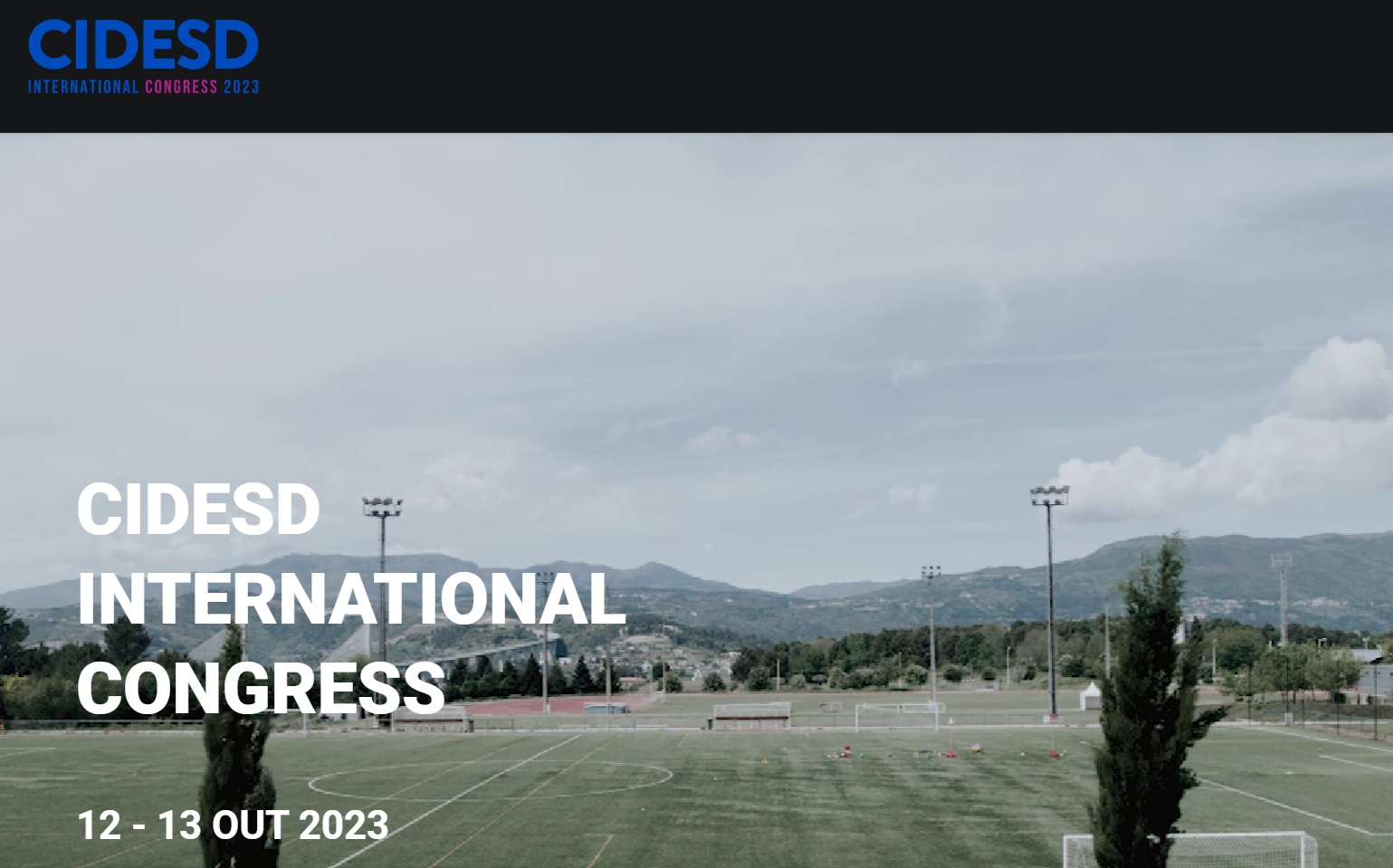Effect of exercise on sleep quality in elderlies living in nursing homes
DOI:
https://doi.org/10.6063/motricidade.31966Keywords:
Older Adults, Mini Sleep Question, Frailty, MMSEAbstract
One of the leading age-related changes affecting most older adults is the worsening of sleep quality. The literature suggests that the reduction of daily physical activity and increased frequency of daytime sleep periods in older adults are some of the main events contributing to the reduction in sleep quality, which may also negatively affect cognitive function. Considering this, it is expected that older people submitted to exercise should improve their sleep quality, physical function, reduce daily fatigue, and improve vigilance and cognitive function. The main objective of this study was to assess the effect of physical exercise on sleep quality and its repercussions on cognitive function in elderly residents in nursing homes. The studied sample was composed of 31 elderly people residents in nursing homes. The Mini Mental State Examination (MMSE) was used to assess cognitive function and exclude elderly people with cognitive deficits. Subsequently, the frailty level test (SPPB) and the handgrip strength test (HG) (Camry EH101) were performed. Finally, questionnaires were applied to measure sleep quality levels (MQS) and functional independence (BI). The sample age was 84.4±8.5 years (65-97 years) and was mainly composed of women (71%). The main results revealed that the exercise program induced an improvement in the physical fitness of the elderly (SPPB: t=-3.105; p=0.004; HGright: t=-3.292; p=0.003; HGleft: t=-4.792; p=0.000;). Sleep quality improved significantly (p=0.000), with no significant changes in cognitive function. Our results demonstrate that the implementation of physical exercise programs can be one of the most effective ways to increase sleep quality levels in these elderly people, retarding an age-related decline in cognitive and physical function.
Downloads
Published
Issue
Section
License
The authors of submitted manuscripts must transfer the full copyright to Journal Motricidade / Sílabas Didáticas Editions. Granting copyright permission allows the publication and dissemination of the article in printed or electronic formats, and copyrights start at the moment the manuscript is accepted for publication. It also allows Journal Motricidade to use and commercialise the article in terms of licensing, lending or selling its content to indexation/abstracts databases and other entities.
According to the terms of the Creative Commons licence, authors may reproduce a reasonable number of copies for personal or professional purposes, but without any economic gain. SHERPA/RoMEO allows authors to post a final digital copy (post-printing version) of the article on their websites or on their institutions' scientific repository.


